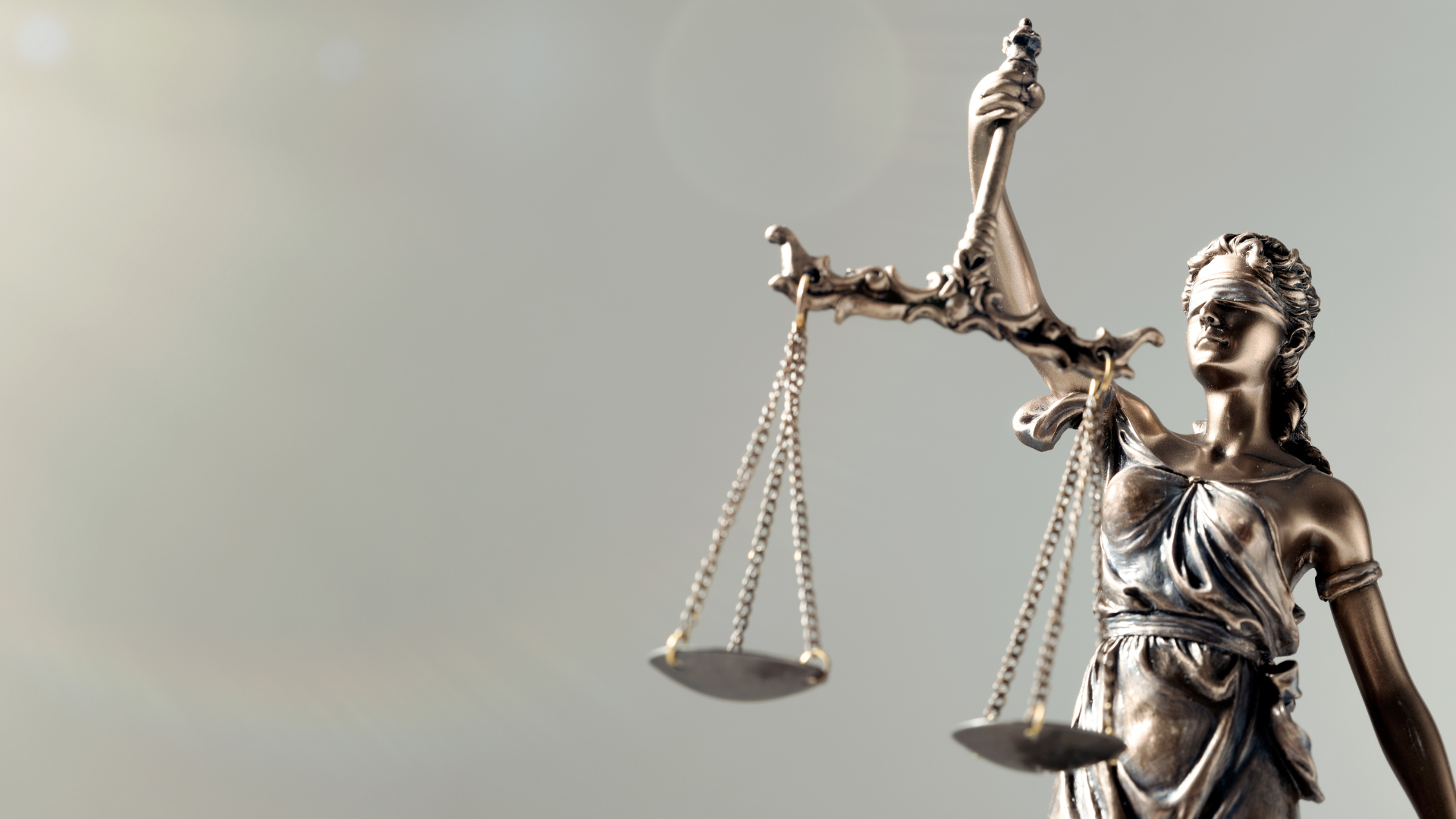The use of expert evidence is crucial in negligence cases to establish whether the standard of care provided was below the expected. Testimonies can make or break a claim, so it is essential that the expert evidence is reliable and independent.
The Civil Procedure Rules provide guidance on the use of expert evidence. Rule 35.3 states that the expert’s duty is to the court, not to the party who instructs them. This duty requires that the expert provides independent, impartial evidence, with failure to comply with this potentially resulting in the evidence being excluded by the court.
Where expert evidence is unreliable or biased there can be huge and detrimental costs. This is because the court relies heavily on expert evidence to determine whether there has been a breach of duty, and whether the claimant has suffered harm as a result.
The recent case Muyepa v MOD [2022] EWHC 2648 (KB) serves as a reminder of this. The claimant alleged breach of duty resulting in ‘Non-Freezing Cold Injury’ (NFCI) sustained when on a course in Wales. He was medically discharged in 2018 and claimed ongoing symptoms left him severely disabled.
The court heard from a number of medical experts and other witnesses. The experts generally agreed that the claimant had developed some degree of NFCI as a result of his military service, but there was disagreement about the extent of his disability and the amount of care required.
Ultimately, it was found that he had exaggerated his condition in order to obtain a medical discharge from the army and financial compensation. The judge found that he consciously and dishonestly exaggerated his symptoms, feigning falls and using a stick to walk without it being needed.
Evidence obtained through social media clips and surveillance showed the claimant was able to walk unaided, dance, drive and go shopping, while also providing a significant amount of care to his disabled daughter – contrary to what had been claimed. The judge concluded that the exaggeration was for financial gain, and that this undermined his credibility before the court.
The case highlighted that where the expert evidence is not reliable, the court may not be able to make an accurate determination of the extent of any injuries. In essence, it is crucial that legal professionals ensure that the experts they instruct are reliable, knowledgeable and objective. Using partisan experts results in a failure to serve the desired goal of succeeding in a claim, could undermine public confidence in the justice system and may result in the case being dismissed, with significant costs for the parties.
